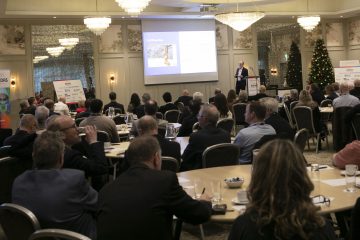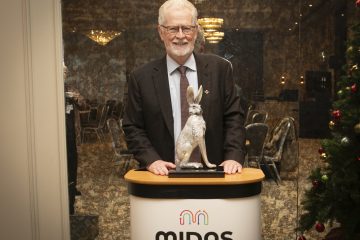Ireland’s thriving microelectronics sector expects to create 200 jobs every year for engineering graduates. That’s the message industry group Midas Ireland has for Leaving Certificate students who are making their CAO choices at this time.
The microelectronics sector now employs 8,000 people in more than 55 companies. The microelectronics industry is a significant employer and a major contributor to the Irish economy.
“Ireland continues to attract valuable investment from the microelectronics sector,” IDA Ireland chief executive Barry O’Leary said. “The availability of world-class engineering talent, particularly electronic engineering talent, is a key element in winning new investment projects. Over the last two years alone, Intel, Analog Devices, Xilinx, Microsemi, On Semiconductor, Hittite Microwave, ZMDI, and M/A COM have all announced very significant investments for Ireland.”
Midas Ireland member firms show strong levels of continued investment, with the majority of companies having made significant operational and employment investments at their Irish operations over the last two years.
This is not to mention the potential 4,300 jobs (3,500 in construction and 800 in technology) that could be created if Intel gets the green light on a major chip fabrication project that has recently been granted planning permission by An Bord Pleanála.
In recent years, the number of students taking engineering, computing and science courses at third level has increased.
“In Ireland, a world-class microelectronics industry has developed over the last four decades, which today employs over 8,000 people and contributes €6bn annually in exports to the Irish economy,” Midas Ireland chairman John Blake explained. “However, in order to support future growth it is important that we increase the supply of engineering graduates available to the industry.
“We want to get the message out to leaving cert students and their parents that this industry is open for business and hiring. Our industry provides exciting, challenging and rewarding careers, creating products and technologies that have significant positive impact on how we live and on our environment.
“Engineering generally is a very valuable education, with a wide variety of career options open to graduates. At this time, as CAO choices are being made, we want to encourage students to consider choosing a course in electronic engineering, which would position them for opportunities in microelectronics and other areas of ICT,” Blake said.


